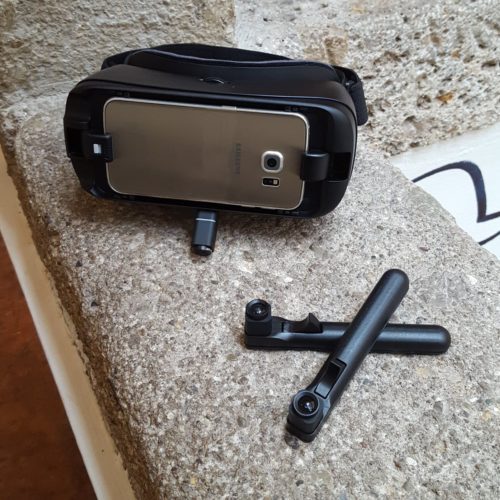The Internet Initiatives Development Fund (IIDF) has invested 120 million rubles in the startup Antilatency, which develops solutions for virtual and augmented reality devices.
The Russian Antilatency is working on the ALT (anti-latency tracker) system, which predicts the trajectory of the VR/AR headset and thereby prevents the image from lagging in front of the user’s eyes.
Prototypes of ALT system controllers. Photo from the Twitter account of the company Antilatency
 Eliminating the delay helps to get rid of dizziness and seasickness, which are often complained of in the process of getting acquainted with VR and AR technologies. This is especially true for applications with dynamic image change, for example, games.
Eliminating the delay helps to get rid of dizziness and seasickness, which are often complained of in the process of getting acquainted with VR and AR technologies. This is especially true for applications with dynamic image change, for example, games.
According to the Kommersant newspaper, FRII will receive 22.5% of the shares, but the controlling stake of the Antilatency will be retained by the founders of the company Andrey Desyatov and Peter Sevostyanov.
The Antilatency told the publication that the company intends to use the funds received to finalize a prototype for creating three versions of the product based on it: for developers, businesses and consumers. For the b2c market, the cost of the tracker starts at $99, and the system for business will cost from $999.
Antilatency intends to enter the international market: first of all, China and the USA, where the company will open an office in July this year.
The experts interviewed by the publication do not give a clear answer whether the leading industry players, such as Google and Oculus, will be interested in a Russian startup, but they note that the solution has some potential for the b2c segment.
Recall that by the end of last year, the Russian VR market has tripled to 500 million rubles.
Source: Kommersant
